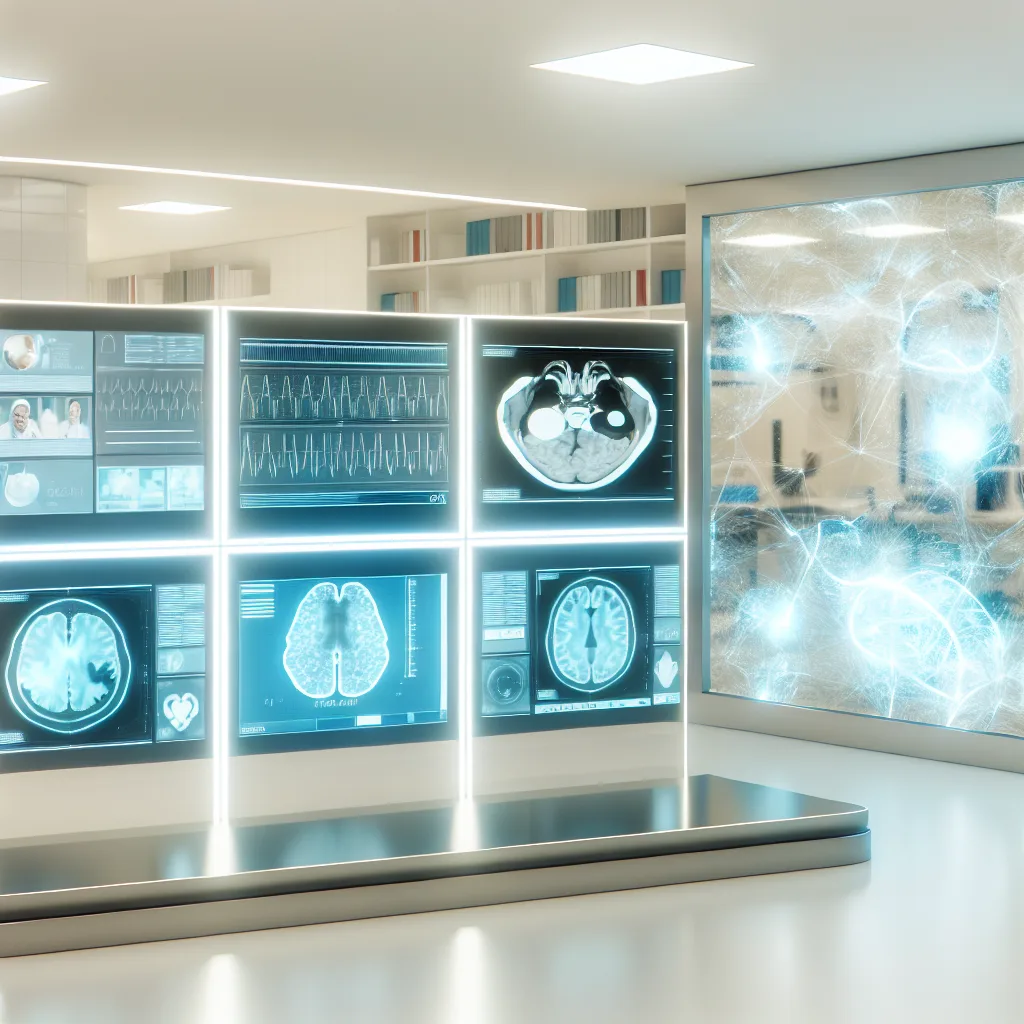Exploring GPT-5’s performance and potential impact on medical decision support
If you’ve ever wondered how artificial intelligence is shaping the future of medicine, here’s a fascinating update. GPT-5, the latest in AI language models, has recently outperformed doctors on the US medical licensing exam—a benchmark test for aspiring physicians. This isn’t just a slight edge; it’s a significant achievement that highlights the growing potential of AI in healthcare.
What Does GPT-5’s Performance Mean?
The US medical licensing exam assesses a doctor’s knowledge and decision-making skills, so GPT-5 scoring higher than human doctors is pretty impressive. What’s even more remarkable is that GPT-5 can handle not only text-based questions but also those involving medical images, making it a multimodal reasoner. Basically, it can integrate patient narratives, medical images, and structured data to support clinical decisions.
How GPT-5 Stands Out in Medical Reasoning
GPT-5 was tested against several medical question sets and performed better than previous AI models and even human experts in understanding and reasoning. For example, on MedXpertQA multimodal tests, it improved reasoning scores by nearly 30% compared to the previous generation. This means it’s not just memorizing facts—it’s synthesizing information more deeply, which is crucial for diagnosing and recommending treatments.
What This Could Mean for Healthcare
While this doesn’t mean doctors are out of a job anytime soon, GPT-5’s abilities point to a future where AI acts as a clinical decision-support tool. Imagine having an assistant that can quickly analyze complex cases, suggest diagnostic angles, or even identify when to escalate care. The potential to improve patient outcomes by supplementing human expertise is huge.
Understanding the Limits
It’s important to remember that AI like GPT-5 is still a tool. There are ethical, technical, and practical challenges before it can be widely used in clinics. Errors in understanding context or subtle nuances can happen. Plus, final decisions should always involve skilled human judgment.
Resources and Further Reading
Want to dive deeper? Here are a few trustworthy sources:
- USMLE (United States Medical Licensing Examination): The official site that outlines the licensing exam format and requirements.
- MedQA Benchmark Details: An open dataset used for evaluating AI medical question-answering.
- Research Paper on GPT-5 Medical Performance: The scientific paper detailing GPT-5’s medical evaluation.
This development in AI medical reasoning is a reminder of how technology continues to evolve and complement human skills. It’ll be exciting to see how tools like GPT-5 will integrate into healthcare workflows over the next few years, helping doctors and patients alike.
